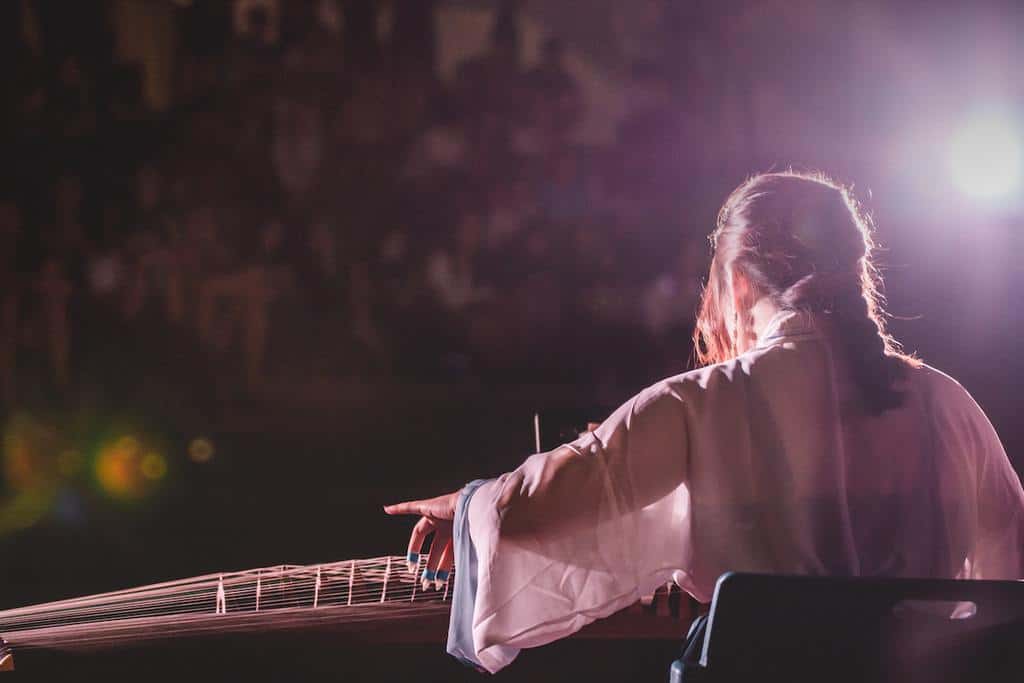I served as an NGO diplomat around 2004, under a Catholic Cistercian abbot who was an inspiring German gentleman. We served causes in Cameroon and Burkina Faso, providing supplies and used vehicles. I also raised funds through a Chinese music collection through the help of a Chinese orchestra.
2004 was a dark time for me personally and professionally, and because of him, I spent much of my time helping others in need instead, and found my way back. I learned much about diplomacy, humility, and more importantly, cultural diplomacy.
I have been educated in classical violin, an instrument most thought of as “Western”. Likewise, I was later schooled in the Electronic Wind Instrument (EWI), the electronic version of the saxophone, if you will (having used both Yamaha and Akai Professional). The saxophone and certainly the EWI are “Western” instruments.
Music as it so happens, crosses boundaries of race, culture, and instruments. Music is the best tool of diplomacy of cultures and races. Music can be the bridge for any culture to cross over to each other, even across generations and ages.
Cultural diplomacy
The Guzheng (古箏), which hailed from 500 BC in the Warring States period (戰國時代), is a Chinese plucked zither type instrument. It is similar in concept to the harp, and perhaps even more sophisticated.
A post-graduate scholar went to Europe, and started to evangelize the Guzheng and its music. Here is a piece from a Japanese manga, titled “千本櫻”, or thousands of sakura flowers:
Here is a more classically inspired Chinese piece, played aggressively and boldly very similar to the “rock-style”. It is about the mythological Chinese hero “伏羲” (Fuxi), originating in the Warring States period, also mentioned by Chinese sage “莊子” Zhuang Zi.
Crossing to the West
The Guqin (古琴) is an ancient Chinese plucked string instrument dating thousands of years. It is known as the instrument for sages and scholars, and is alongside the other “3 gentlemen” of what gentry and scholars must learn and know, “琴棋書畫” (Guqin, Chinese chess, Chinese painting, and Chinese calligraphy). Fortunately, I have known all the other “3 gentlemen” however humbly, and so I have every incentive to one day at least attempt the Guqin.
Here you will find the Guqin crossing over to the “West”, rendering Bach’s Cello Suite Number 1 in G Major:
Here’s an even more profound Guqin rendition of a manga-inspired contemporary piece “權御天下” (about Sun Quan the ruler in the literary work of “The 3 Kingdoms”), in the style of “rock”, which is a Western musical genre, highly entertaining and powerful:
Always remember our roots, and respect the lineage from which we, our parents, and our forefathers came from. Therein we will find the abundantly rich roots of who we are, and then, slowly over the tenure of bearing the crosses of our lives, we figure out who we may become. Never bear disdain for own own culture, or worse, become racist against ourselves.
And when we respect our lineage, we may find not only we can cross bridges, become bridges, but also innovate and resonate with many more people.

